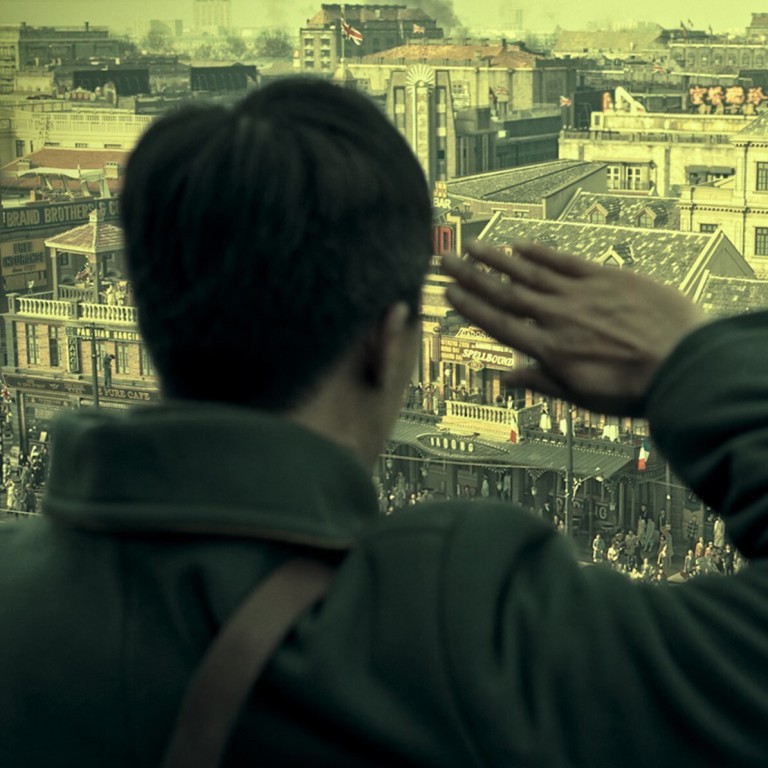
Chinese war movie The Eight Hundred a hit with film-goers, but critics say it is sensationalist and distorts history
- The film, whose release was delayed apparently because of its focus on Nationalist Chinese soldiers, depicts events during the Battle of Shanghai in 1937
- Critics say the film, about outnumbered soldiers who hold up Japanese invaders for four days, is corny and distorts history, but fans have flocked to see it
China-produced World War II film The Eight Hundred has taken more than 1.2 billion yuan (US$175 million) at the box office since its release in China on August 21.
That’s despite the mixed reviews for The Eight Hundred, with critics panning it for sensationalism, distorting historical facts, and its loose plot.
The first Chinese film to be shot entirely with IMAX cameras, and with a production budget of over US$80 million, The Eight Hundred is directed by Guan Hu, whose previous efforts include Cow (2009), about a villager seeking to protect a milk cow during the Japanese invasion of China.
The film is based on a chapter in the Battle of Shanghai in 1937, during the second Sino-Japanese war, in which around 400 Chinese soldiers defended the Sihang Warehouse against the invading Japanese army. The only soldiers to hold out in Shanghai after the other Nationalist forces withdrew from the city, the 400 soldiers received orders to defend the warehouse until the end.
To boost morale, the commander of the defending forces, Xie Jinyuan, tells citizens outside the warehouse there are 800 soldiers defending it. The soldiers hold out for four days and four nights, successfully beating back six Japanese advances, and in the process boost the morale of the Chinese military and populace.
Tenet: Robert Pattinson and fellow cast members on secrets to Christopher Nolan’s spy epic – all you need to know
The battle took place in full view of Western and Chinese civilians, allowing Western journalists to capture footage of the fighting.
Guan uses the warehouse’s location, just across the Suzhou Creek from the foreign concessions in Shanghai, to create a spectacular visual contrast between the bloody battle and the lavishly appointed nightclubs and neon-lit casinos on the other bank. He shows residents of the foreign concessions watching the action from a blimp, and placing bets on the outcome.
The head of the Nationalist government, Generalissimo Chiang Kai-shek, calculated that sacrificing 400 soldiers in defence of the warehouse might spur the Allied powers to pledge more help for the besieged Chinese at a forthcoming international conference. When it was delayed, the soldiers still holding out at the warehouse were ordered to beat a hasty retreat. Shanghai eventually fell to the Japanese.
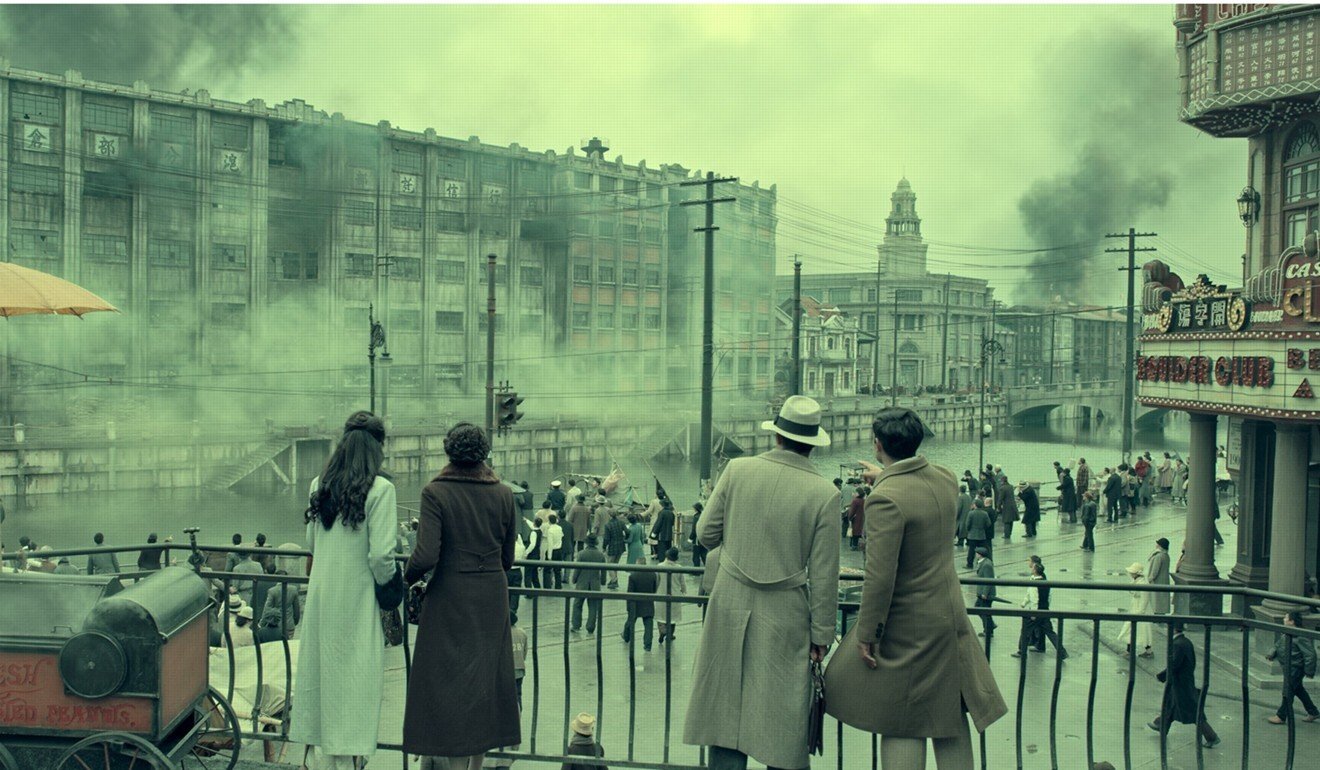
Chinese film-goers have been anticipating the release of The Eight Hundred since the scrapping of its world premiere at the 22nd Shanghai International Film Festival in July 2019, and it is rated 8.3 out of 10 on Douban, China’s answer to Rotten Tomatoes. Film fans hailed it as a Chinese answer to Western war films Dunkirk and Saving Private Ryan.
Beijing resident Cyrus Choi liked the film. “It allows me to see things that are overlooked in history. The film gave delicate portrayals of various characters who just want to be reunited with their families. They laid down their lives for the country, and that touches the audience. I feel that the contemporary Chinese communists can give recognition to the Japanese-fighting Nationalists.”
Critics were less enthusiastic. It is not the first film about the incident. Eight Hundred Heroes was made in 1975, and financed by the National Defence Ministry of The Republic of China, as the government in Taiwan called the island. Some critics compared that film favourably to Guan’s, in part because it starts the action three months earlier and shows Nationalist troops engaging in guerrilla warfare elsewhere against the Japanese invaders.
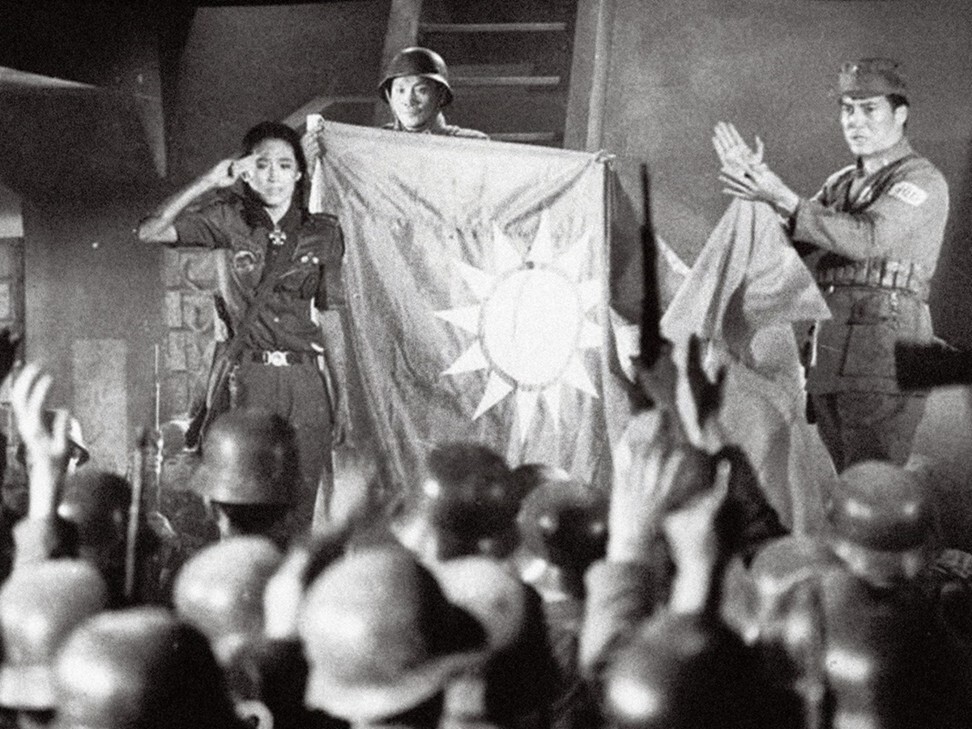
One of the reasons for Guan’s focus on the four days the soldiers held out in defence of the warehouse was to show the patriotic response of the Chinese civilians witnessing the fighting from across the river.
That aspect of the story was sensationalised, some critics said. A blogger on the Ifeng movie website said: “The slow-motion treatment coupled with tear-jerking music is corny. Those scenes are repetitive … and like a live music video.”
The blogger contended that if the gist of the film had instead been a critique of the Nationalist decision-makers’ use of the soldiers as political pawns, “The Eight Hundred would be a first-rate war movie”.
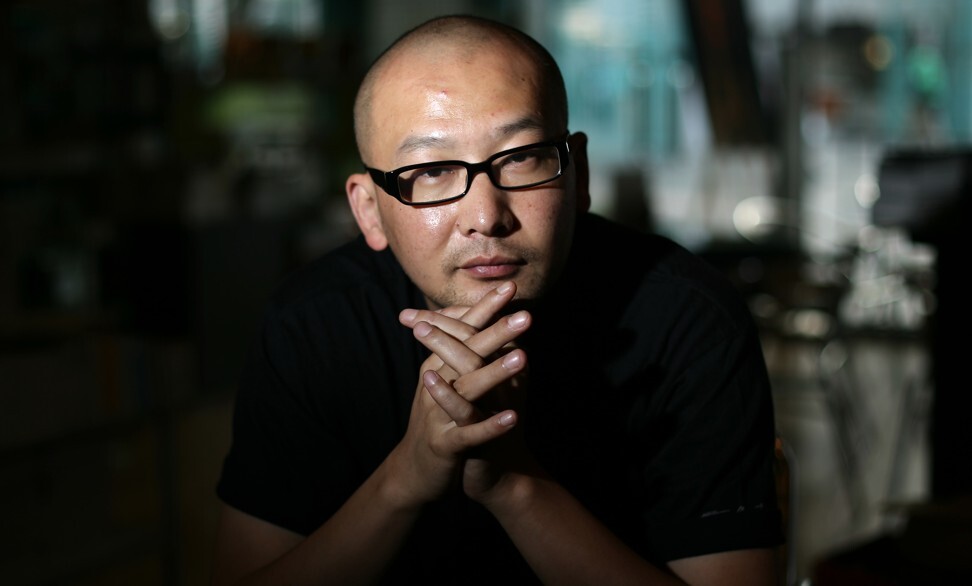
Film review blog Dazhuangshuodianying pointed out that the stories of many minor characters introduced in the first half of the film are not followed up. “The flow in the second half is problematic,” it read. “To sentimentalise the film’s atmosphere, the sacrifices of the soldiers are exaggerated. The plot of the second half doesn’t feel authentic. The film also failed to mention the [eventual fate] of the soldiers [in real life].”
Chinese historical records show that after the surviving soldiers withdrew, they entered the British concession. The Japanese threatened the British with invasion of the concession if any of the Chinese soldiers left its confines, so the British set aside a compound for the house arrest of the soldiers for the duration of the Sino-Japanese war.
After the Japanese bombed Pearl Harbour in 1941 and declared war on the United States and Britain, the Japanese took over the concession and the surviving solders were sent to different places, including Papua New Guinea, to work as labourers.
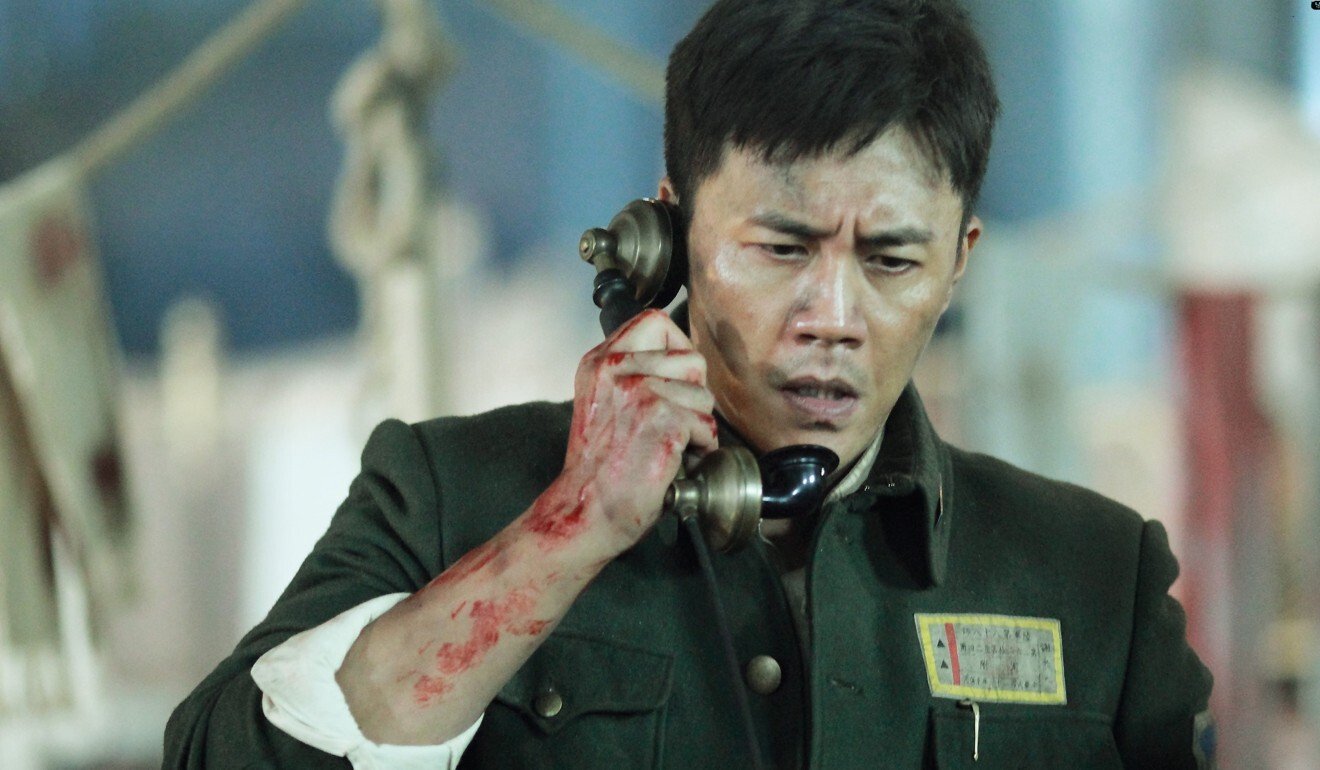
In Guan’s movie the commander of the warehouse’s defenders, Xie (played by Du Chun), dies in battle. In fact Xie survived, only to be assassinated by pro-Japanese Chinese traitors while under house arrest in the British concession after refusing to be a collaborator.
The film is the first anywhere in the world this year to have taken more than 1 billion yuan in a week, at a time when the coronavirus pandemic has shut cinemas and led studios to delay the release of films in many countries. Its spectacular box office performance has given a much-needed shot in the arm to the film’s producers, Huayi Brothers, whose finances were severely stretched by the delay to its release.
Want more articles like this? Follow SCMP Film on Facebook

